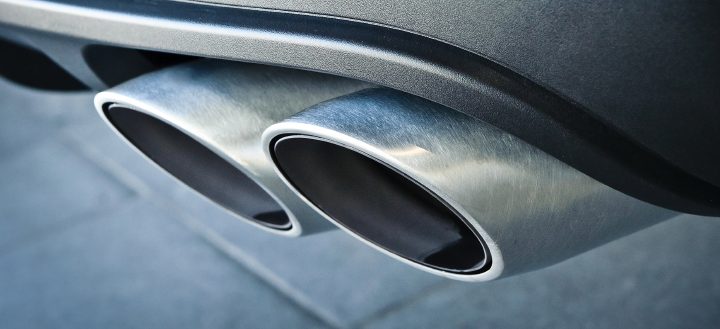Car makers in Europe say they face serious challenges to cutting emissions in line with EU plans over the next 12 years.
While the EU passenger car market grew by 3.4% in 2017, with over 15 million cars sold, the European Automobile Manufacturers’ Association forecasts that growth will slow to around 1% in 2018.
 “The European automobile industry is on a pathway to recovery, finally coming close to pre-crisis sales and production figures after a full decade,” stated Carlos Tavares, ACEA President and Chairman of PSA Group (right). “But in light of major EU legislation ahead of us, notably new CO2 targets for cars and vans as well as the threat of Brexit, this recovery is fragile. We must therefore maximise efforts to safeguard our industry’s competitiveness.”
“The European automobile industry is on a pathway to recovery, finally coming close to pre-crisis sales and production figures after a full decade,” stated Carlos Tavares, ACEA President and Chairman of PSA Group (right). “But in light of major EU legislation ahead of us, notably new CO2 targets for cars and vans as well as the threat of Brexit, this recovery is fragile. We must therefore maximise efforts to safeguard our industry’s competitiveness.”
ACEA is concerned that the current CO2 proposal – released by the European Commission late last year – is not fully technology-neutral. “Our industry is fully committed to sustainable mobility, and to further reducing our environmental footprint,” Mr Tavares explained. “When it comes to decarbonisation, policy must be driven by results. Policy makers should of course fix ambitious objectives for CO2 reductions, but should not impose the technology choice.”
However, because of the method of calculating the ‘low-emission vehicles’ benchmark, the Commission is effectively pushing for pure battery electric vehicles, and not sufficiently considering other alternatives. Bearing in mind the low and fragmented market share of electrically-chargeable cars across Europe today, ACEA believes that this proposal needs to be examined carefully.
He said, “We really need to take a 360-degree view of the potential impacts of this, including the economic and social dimensions.”
The rapid decline of diesel’s market share in EU markets – which is largely offset by petrol with higher CO2 – also poses serious challenges for meeting CO2 reduction targets: not only those for 2030, but also the targets already set for 2021.
Regarding Brexit, ACEA urges the negotiators to resolve uncertainty by coming to a swift agreement on the transitional period.
“It is a struggle for our industry to make investment decisions when we don’t know what is just around the corner,” explained Mr Tavares.
ACEA believes that this transition period should be close to three years, in order to give businesses the time they need to adapt to new realities and to allow for crucial facilities, like customs infrastructure, to be built to a level that can cope with the additional demands.
Volvo Cars is off to a good start in 2018 after reporting a global year-on-year sales increase of 22.4 per cent in January, growing in all its main markets.
Total sales for the month amounted to 43,439 cars compared with 35,475 cars a year earlier with sales of the new XC60 as well as its siblings in the 90 series were the main drivers of growth.


